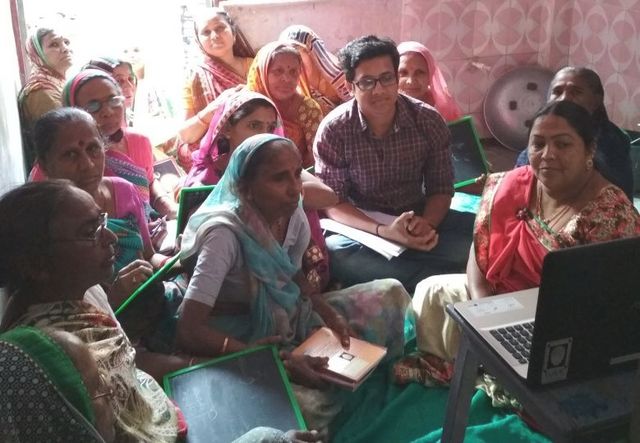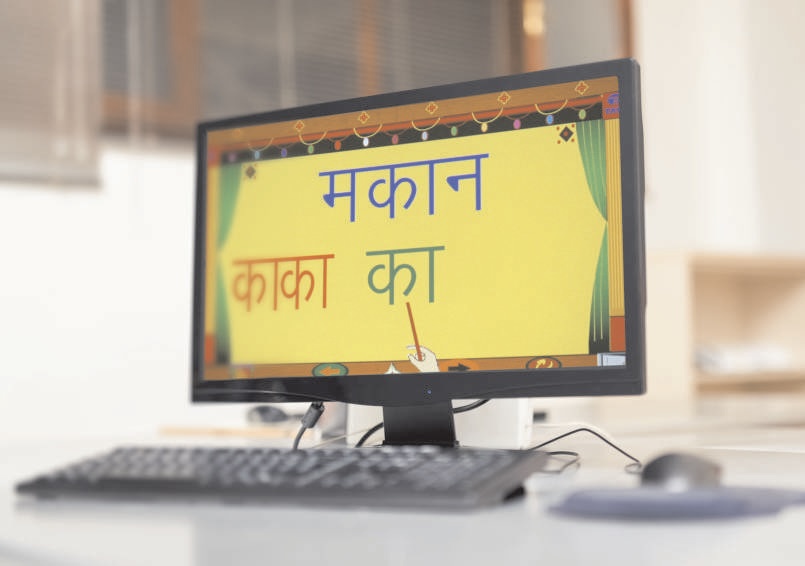International Literacy Day 2022: CSR for Narrowing the Divide
Related Articles
Shikhar Dhawan has married Sophie Shine in a private ceremony, marking a new chapter in his personal life.
Former Indian cricketer Shikhar Dhawan has officially tied the knot with his longtime girlfriend Sophie Shine. The couple exchanged vows in a private ceremony...
महाराष्ट्र बजट सत्र में पहली बार बिना नेता प्रतिपक्ष के चलेंगी दोनों सदन, इतिहास में अनोखी स्थिति
23 फरवरी से शुरू हो रहे Budget Session पर खास नजर
Maharashtra Budget Session to function without Opposition Leader: महाराष्ट्र की राजनीति में एक ऐतिहासिक...
India Wins T20I Series Against Australia; Mandhana Stars in Finale
India Wins the Third T20I by 17 Runs
India's women's cricket team achieved a significant victory over Australia in the final match of the T20I...



